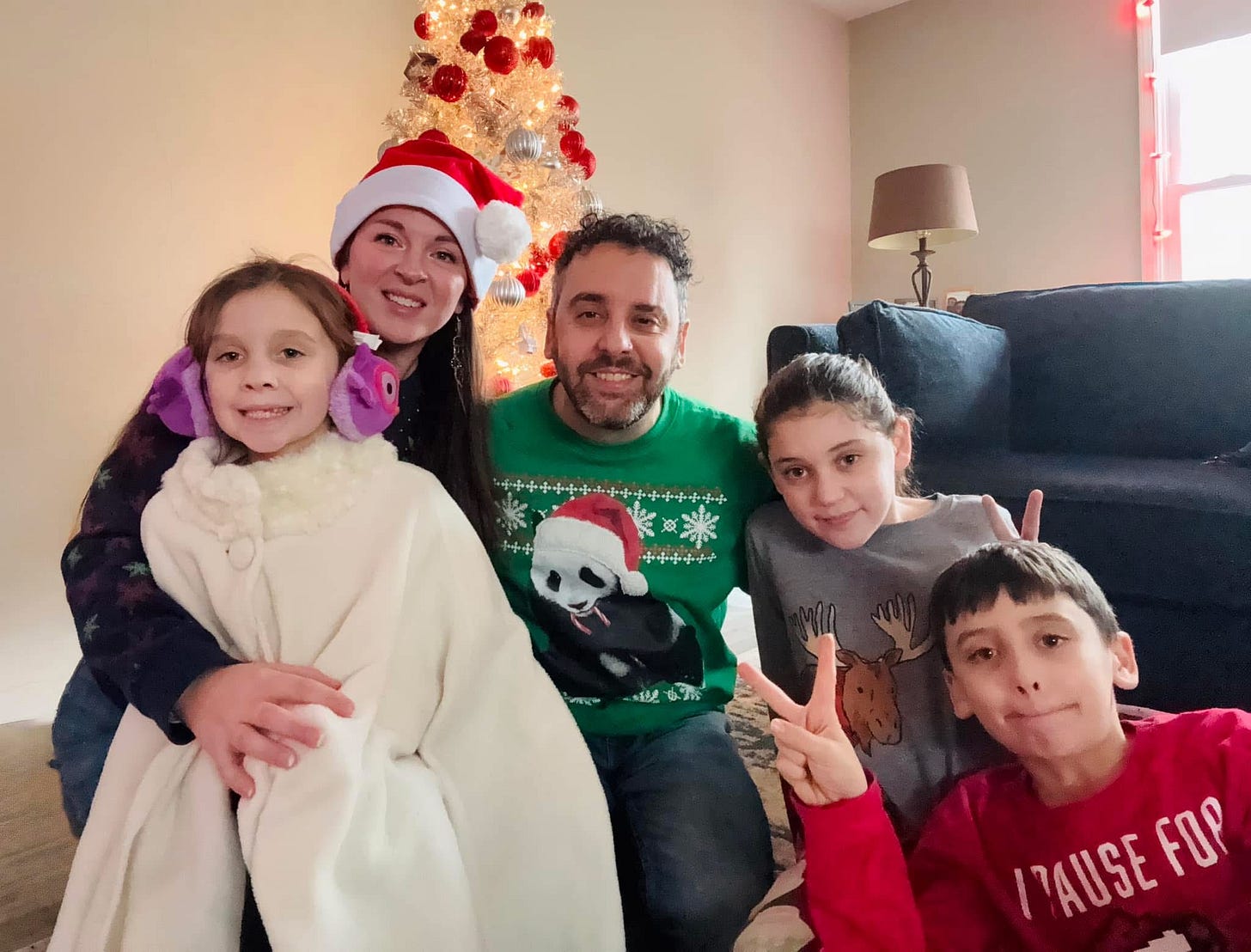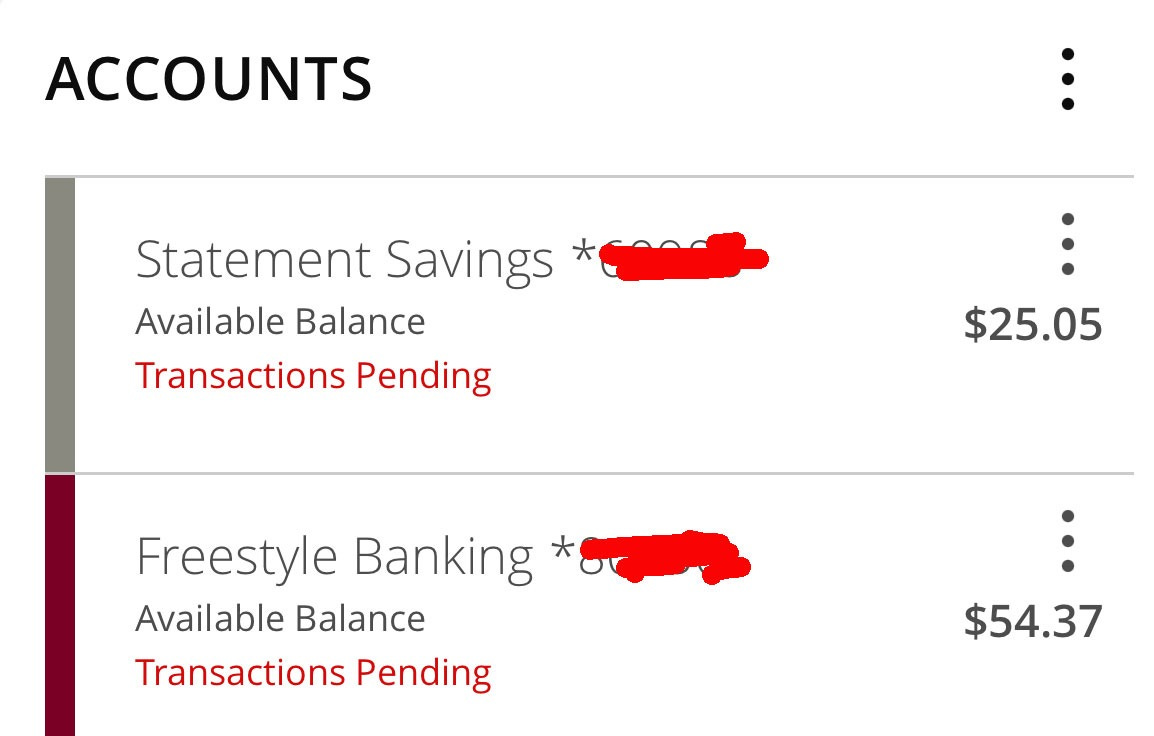The Quiet Shame of Struggling in Silence
Because of my job, I sometimes sit in the same room with people who make millions of dollars. As I shake their hand or engage in the empty platitudes of a typical polite interaction, I can’t help but think of the massive chasm that exists between us.
I carry my emotions on my face. This statement is not meant as a badge of honor, as if this makes me particularly unique or dignified, but it’s just a fact. I envy those who can put on a mask and pretend as if their lives are perfectly fine. That’s a social skill that I don’t possess.
The fact is that I’m under constant stress and anxiety. And I’m not alone, millions of people who live in poverty face the same mental health effects of being poor. But what do the words stress and anxiety actually mean? It specifically means insomnia, exhaustion, brain fog, feeling on edge, restlessness, headaches, muscle tension, elevated blood pressure, and also hopelessness.
On top of that, there’s the regular stress related to parenting and of a demanding profession. And it’s not like one can separate these stressors. It’s all interconnected. A sleepless night affects your work performance and even your mood when interacting with your kids.
I do my best to put on a brave face when I spend time with my kids. The only time this dire reality slips out is when I tell them, “Sorry, I can’t afford that right now.” That phrase is something that I find myself saying more often.
At work, I try to go about my day without dwelling too much on the anxiety that sits behind my ear.
Here’s the thing, though. On paper, I make more money than most people considered poor by the statistical analysis you see in the news. But reality is not written on ink or in binary code. I live alone with my kids, which means I pay the mortgage, all utilities, phone, groceries, child support, as well as the mounting medical debt because of the unexpected medical diagnosis this past fall. To make matters even more dire, my furnace started to malfunction during the coldest days of winter. I did my best to reset it and try whatever I could do, but I had no choice but to hire someone to come over and fix it. A broken sensor cost me $250, mainly due to the technician showing up. I haven’t pad it yet, but it’s due this month. And trust me, I tried everything.
My main bathroom sink has a leak that no matter what I do I can’t fix, but I can’t afford to pay someone now, so I shut it off. Fortunately, there’s a smaller half bathroom in the cold room in the back of the house that we can use.
My son’s birthday is coming up in March. I don’t know if I can afford the Lego set that he wants. It breaks my heart, but food on the table is more important.
I’m not writing this for you to pity me. I don’t want that. In fact, I feel shame writing this, but I think more people need to talk about poverty in this country. We can’t break the stigma around poverty if we all suffer in silence.
I would try to deliver food using DoorDash to make some extra money, but the Jeep has some other issues that make it dangerous to drive for too long. If I take on that endeavor, it could potentially ruin the vehicle for good.
The fix costs around $500 in labor costs. Jackie was able to buy the parts needed, which were another $100. I still use the Jeep because I have no other choice, but it’s really not a good idea. But again, poverty leaves one with very little choices. I do what I have to. It’ll get fixed eventually. In the meantime, I’m just praying it lasts long enough until something changes. What that “something” is, I don’t know. “Eventually” is also another word that I’m using a lot.
Poverty is a cycle. Having limited resources limit my chances of escaping it. It would be funny if it wasn’t so depressing.
I was raised to always pay when I go out with a woman. Maybe that’s old fashioned, or perhaps offensive to some, but that’s the way I was raised. In the rare occasions when we go on a date, Jackie often pays. Mind you, she’s a teacher who also has her own bills to pay, so it’s not like she’s flushed with cash. I don’t like that feeling. It feels like I’m failing somehow, even though I know that this is all out of my control.
This is what my bank account looks like at the end of every month. And this is before I made an arrangement plan with my hospital creditors ($50 is the minimum they could do), and before I have to pay the heating company. At the end of this month, I’m not sure how I will make it. Again, this is just reality.
So, of course I’m stressed out. Of course I’m often depressed. When I shake the hands of the millionaires, I do my best to faint a smile and make small talk. The irony of ironies is that my title has the lofty name of “Director.” I think that carries a certain assumption about financial status that’s completely false.
This constant specter of poverty is always there, always hanging around. It’s a relentless pressure that doesn’t go away, that shows itself in subtle ways, like when my kids innocently ask, “Are we eating pasta, again?”
With all of this said, if you need anyone to translate content from English to Spanish, please let me know. Every once in a while I have some companies who need translation services, which I do on the side. Although it’s not a steady source of income, it helps a lot. If so, reach me at: israelsanchezofficial@gmail.com
Thanks for reading.
If you find value in Constantly Curious, I hope you might consider becoming a paid subscriber and supporting my work as I try to build a career as an independent writer.
Want to treat me to a coffee and support Constantly Curious? Venmo: @Israel-Sanchez-148




Living hand to mouth is so hard, and you're right-- so many of us are doing it! I hate when folks trivialize American poverty by comparing our situations to others who struggle worse. Being broke wears on you, and I will hope for better days for us all.
I feel this and wish I could say I understand the plan to address the wealth inequity. Question- is your job as director affected by the recent DEI dismantling orders?